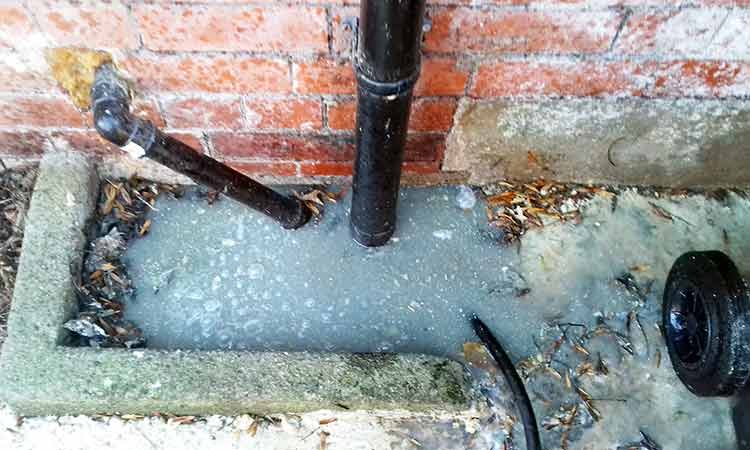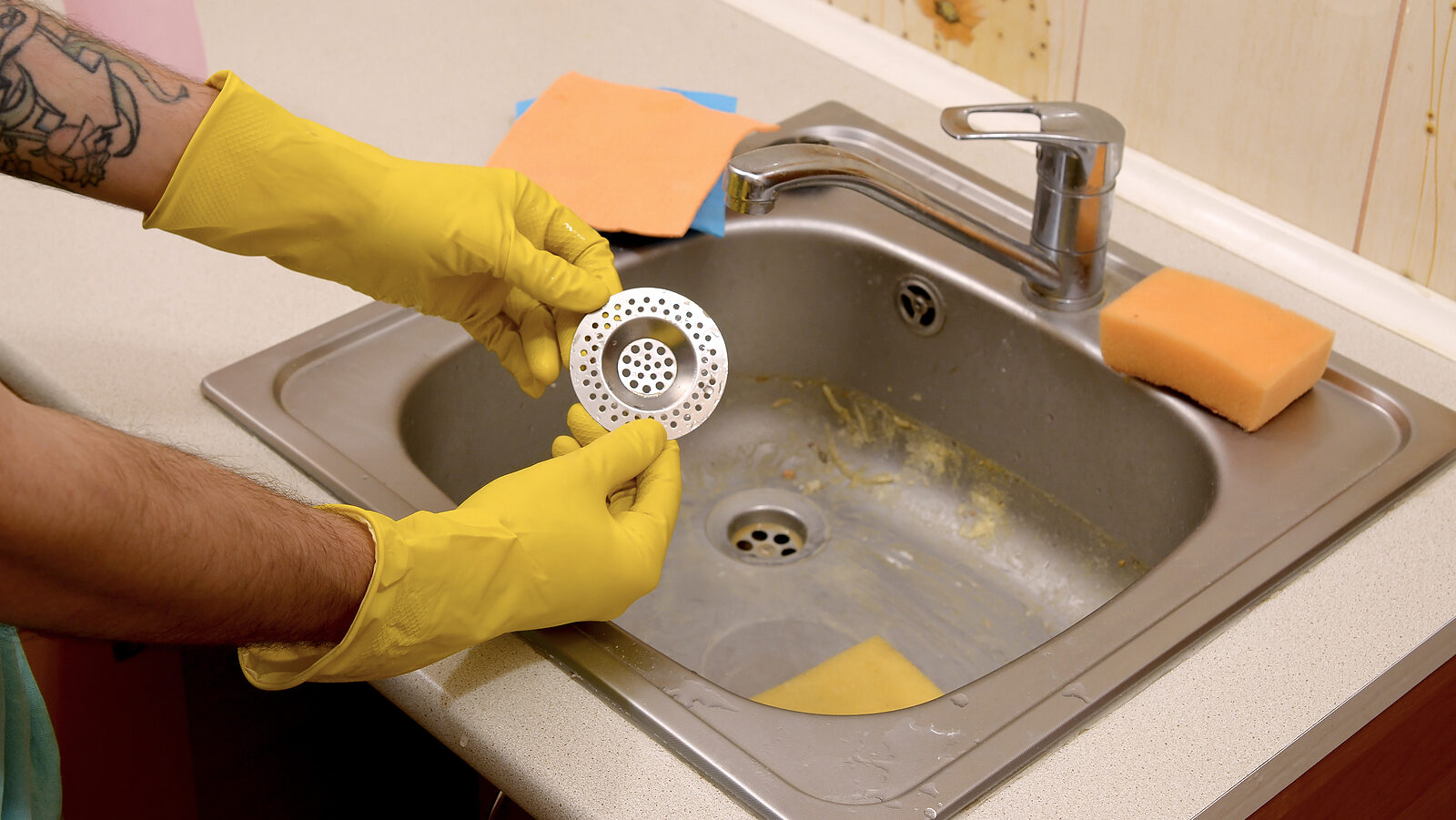We have stumbled on this great article involving What I learned from trying to deal with a clogged drain down the page on the web and figured it made sense to write about it with you on this page.

Introduction
Managing an obstructed drain can be a discouraging experience, disrupting everyday activities and possibly triggering damages to your property. Nonetheless, before reaching out to pipes professionals, there are steps you can take to address the problem on your own. In this overview, we'll explore DIY solutions and preventive measures to tackle a blocked drain effectively.
Determining the Issue
The initial step in dealing with a blocked drainpipe is acknowledging the indications. Sluggish drainage, gurgling noises, foul odors emanating from drains, or water support up are common indications of a blocked drain. Recognizing these indications early can help avoid even more complications.
Common Causes of Blocked Drainpipes
Understanding the elements that add to drain blockages is important for reliable resolution. Common culprits include hair, soap scum, oil, food particles, and international items like sanitary items or paper towels. Tree roots getting into underground pipelines can additionally cause significant obstructions.
DIY Solutions
For small clogs, numerous do it yourself remedies can be efficient. Pouring boiling water down the drainpipe can help liquify grease and particles. Sodium bicarbonate and vinegar or a blend of salt and baking soda can serve as all-natural cleaners. Using a plunger or plumbing serpent to remove obstructions is one more choice.
Devices and Equipment
Having the right devices handy can make DIY drainpipe cleaning a lot more reliable. A plunger is a versatile device for removing blockages in sinks, bathrooms, and showers. A plumbing snake or auger can reach much deeper clogs, while drain cleaning chemicals can be made use of cautiously for stubborn clogs.
Preventive Measures
To prevent future blockages, embracing safety nets is important. Mount drainpipe guards or filters to catch hair and particles before they go into the pipes. On a regular basis flush drains pipes with hot water to liquify oil build-up, and avoid taking care of oil or solid waste down the tubes.
When to Call a Professional
While DIY remedies can fix minor obstructions, specific indicators suggest the requirement for specialist assistance. Relentless blockages, foul odors in spite of cleaning initiatives, or multiple drains backing up simultaneously are warnings that necessitate skilled intervention.
Picking the Right Plumbing Service
When selecting a pipes service, think about aspects such as experience, licensing, and consumer reviews. Choose a reliable plumber with a performance history of high quality handiwork and transparent prices practices.
Price Factors to consider
The price of professional drainpipe cleaning company can differ relying on the intensity of the clog and the plumber's rates. Request quotes from several providers and ask about any kind of added fees to make sure openness and avoid shocks.
Security Measures
When attempting do it yourself drain cleansing, focus on security. Use safety gloves and glasses to prevent contact with unsafe chemicals or microorganisms. Never ever blend different drain cleansing items, as this can produce dangerous fumes.
Instance Researches
Real-life instances show the efficiency of DIY remedies and the relevance of timely specialist intervention in settling drain clogs.
Verdict
By following the suggestions laid out in this guide, you can efficiently tackle obstructed drains and protect against future plumbing issues. Whether selecting DIY solutions or seeking specialist support, prompt activity is crucial to keeping a healthy and balanced plumbing system and preserving the stability of your home.
HOW DO PLUMBERS AND DRAINAGE EXPERTS CLEAR BLOCKED DRAINS?
Most of us have dealt with a backed up drain at some point in our lives! Whether it’s in our home or at our business, when the toilet begins to overflow or the sink doesn’t drain properly, we ultimately seek help from professionals to clear wastewater lines and get things flowing again.
Sure, you can attempt every possible drain hack in the hopes that your line clears but, often, it’ll require more than just pouring something down the drain. Keep in mind too, that pouring acid-based liquid cleaners down your drain can result in even more problems. If unable to clear – and pass through – the clog, it’ll sit in the line and begin to eat away at the pipe. Calling a plumber or professional to clear your drain might be your last resort but it’s the proven result. So, what do they do, and what type of equipment do they use, to get rid of a blocked drain line?
How Do Plumbers And Drainage Experts Clear Blocked Drains?
To better understand exactly where the problem is located, experts will typically start with an assessment and a video sewer inspection. Using non-invasive equipment that enters and exits through the pipe, these cameras offer a look inside the pipe and can spot anything from buildup, to forming clogs, to tree roots to small holes that could be a future problem – in real-time. It can see up to 150 feet of even the hard-to-reach places of the line, so there’s nowhere to hide.
https://www.zoomdrain.com/blog/2023/january/how-do-plumbers-and-drainage-experts-clear-block/

As a devoted reader about , I think sharing that piece of content was appropriate. Kindly take a moment to share this post if you enjoyed it. I appreciate your readership.
Book An Appointment